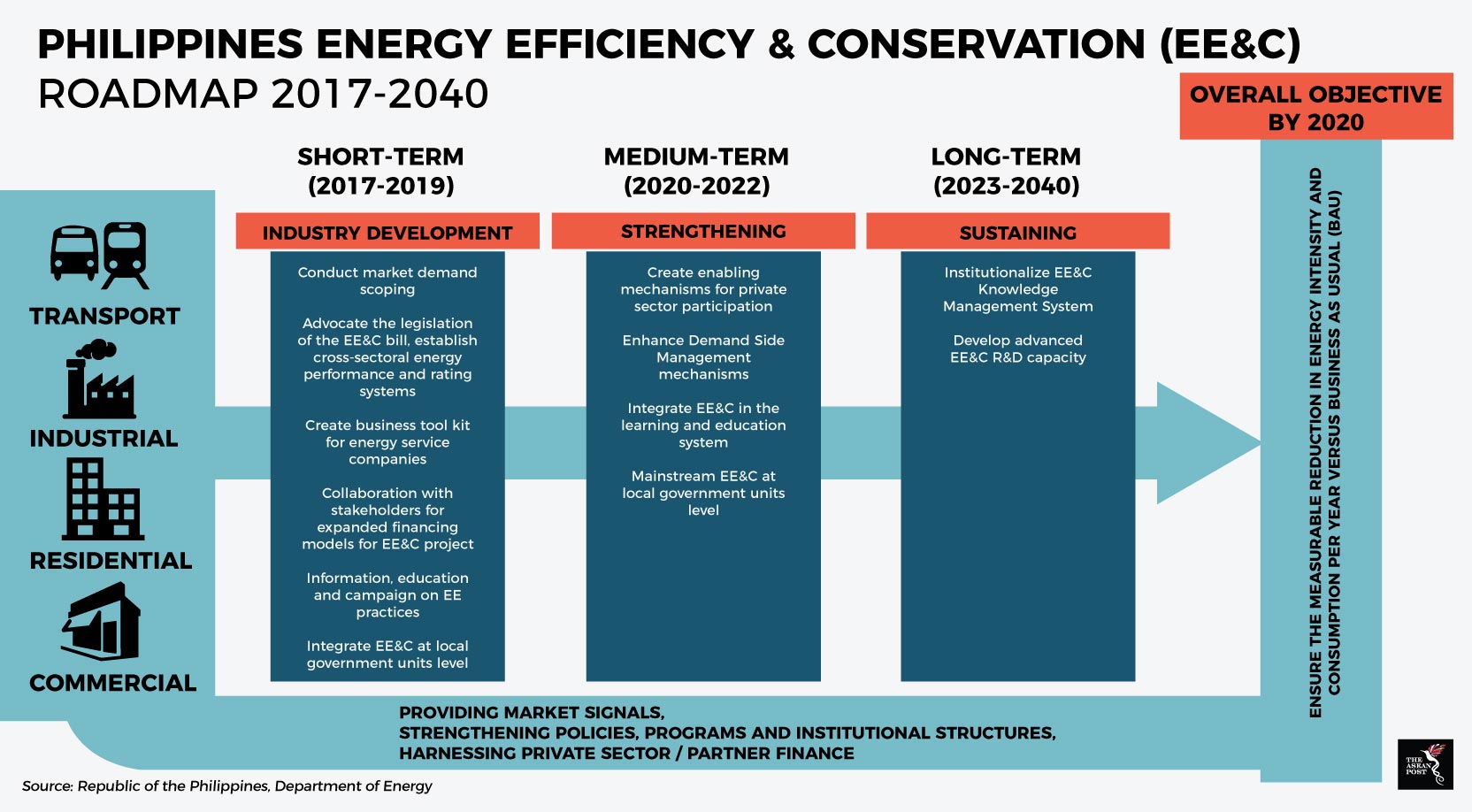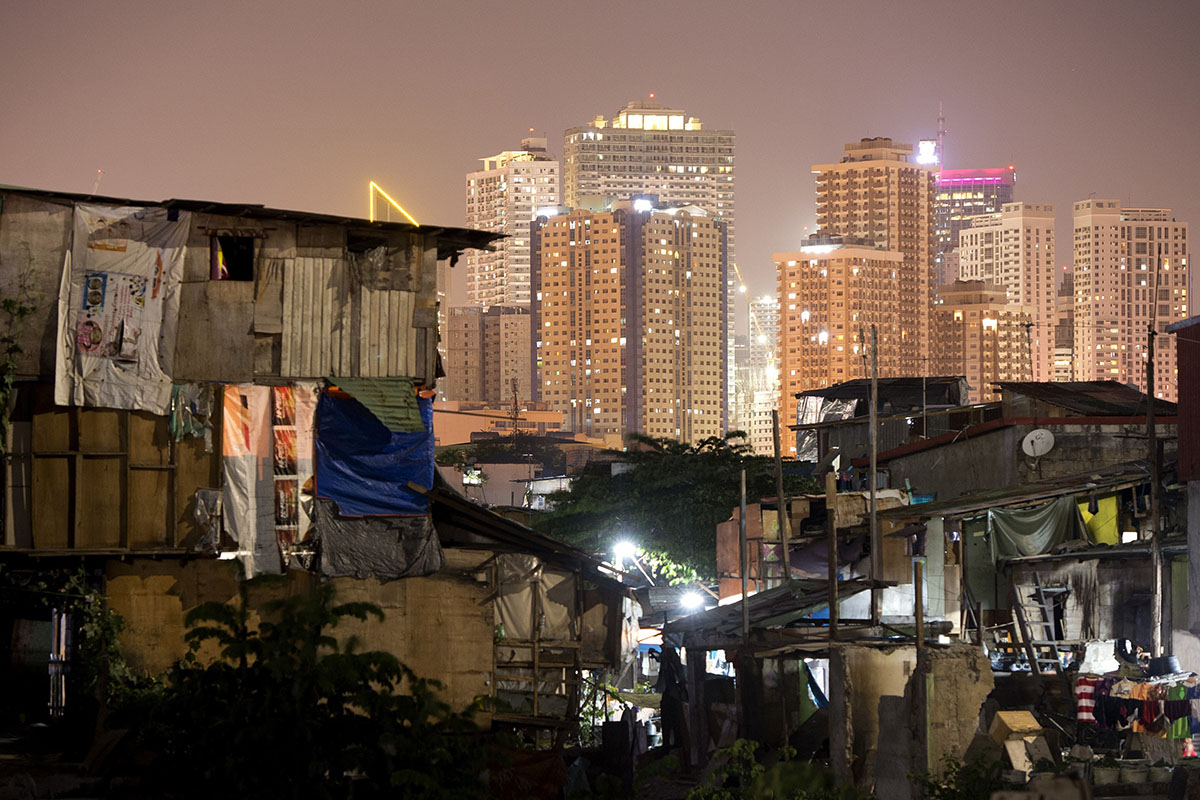The Philippines was recently ranked number one for environmental sustainability by the World Energy Council (WEC), in January 2018. This ranking is based on the council’s World Energy Trilemma Index which ranks 125 countries on their ability to deploy sustainable energy through three categories which are energy security, energy equity and environmental sustainability.
According to the index, environmental sustainability in terms of energy is defined as the ability to supply, demand, and develop energy from renewable and other low-carbon sources.
Energy security is defined as effective management of primary energy supply from domestic and external sources, reliability of energy infrastructure, and the ability of energy providers to meet current and future demand. Energy equity, on the other hand, is the accessibility and affordability of energy supply across the population.
The Southeast Asian country is the only one from the region and in Asia to make it to the environmental sustainability list. The other top spots in the ranking are dominated by European countries. It is also noted that other countries ranked in the top 10 spots are mostly states that are able to take advantage of their renewable energy potential. Some of these countries include Iceland, and Costa Rica, which have high geothermal or hydropower capacities.
However, these countries still face the challenge of avoiding over-reliance on one single weather-dependent energy resource. This situation could possibly hinder the resilience of the country’s energy systems and in turn, its energy security.
A balancing act
Although the Philippines received a top score for environmental sustainability, it only ranks 63rd for energy security and 95th in energy equity.
The WEC asserts that a more diversified and low-carbon energy mix will help to improve energy security and environmental sustainability. However, its positive effects may be stifled by rising final energy consumption, which is predicted to increase up to 46% by 2060.
The council also urged countries like the Philippines to decentralise energy resources to improve energy access rates while at the same time improving energy equity performance.
“A well-managed integration of distributed energy resources (DER) and risks associated with the uptake of DER would at the same time reduce the risk of a drop in environmental sustainability,” the report stated.

The Philippines is currently at the bottom three among ASEAN countries when it comes to national electrification.
Guido Delgado, President and CEO of Emerging Power Inc. (EPI), a Philippine-based company involved in renewable energy development, said in an e-mail interview with The ASEAN Post that there is a need to develop more renewable energy sources to narrow down energy poverty in the country, in order to improve energy security and equity.
Currently, the renewable energy share in the Philippines is 24.2 percent in gross generation and 32.5 percent in installed capacity, according to the International Renewable Energy Agency (IRENA).
“Take for example the case of our off-grid islands, which rely heavily on diesel-fired generators. Study after study shows that replacing these diesel-fired generators with renewable energy power would ensure stable and cheaper energy for these islands,” Delgado stated.
He also quoted the study “Electricity-Sector Opportunity in the Philippines – The Case for Wind-and Solar-Powered Small Island Grids” by the Institute for Energy Economics and Financial Analysis, which states that “…small island grids powered by solar, wind, and other renewable energy can reduce dependence on expensive imported fossil fuel generation without compromising the availability of power and grid reliability.”
There are many islands in the Philippines that only run diesel generators at certain hours of the day to save on fuel costs. However, he added that if they have access to renewable energy power instead, these off-grid islands could enjoy power 24 hours a day, 7 days a week without necessarily having to pay more. Adding more renewables to the energy mix will further contribute to a stable energy supply for islands that are connected to the grid. It will also lessen the islands’ dependence on coal and fossil fuels which are subject to price spikes.
The entire Southeast Asian region should look to the Philippines as a sustainable energy role model while tailoring to their respective country needs. To do this, these countries need stronger political will and a better understanding and appreciation of renewable energy pricing mechanisms in order to minimise the reliance on traditional sources of power and shift towards a cleaner future.
